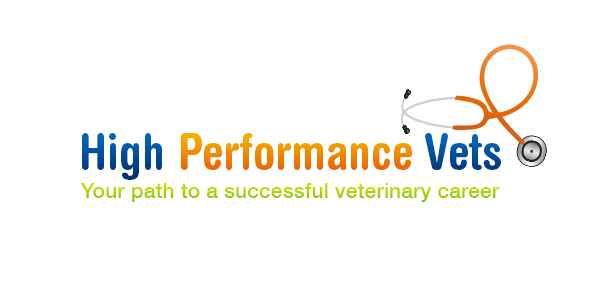Have you ever walked away from a business, thinking what a terrible service and experience?
You asked yourself ‘How can they not see how bad they are?’
Reading Susan Scott’s book, Fierce Leadership, she discusses having squid eye. Being able to see things that others can’t. It’s a skill that squid hunters develop to find squid while they are blending in to their natural environment.
I have noticed this when interviewing for a position. Your first experience is memorable. You notice things about the environment, the team and how they interact with you and with others.
- Are they friendly?
- Does it smell?
- Does it look outdated and therefore, what else is?
This can leave you wanting to become part of the team or not. After ignoring my gut feeling previously, to my detriment, I now trust my instincts.
What I do know is that you don’t notice things after a while. The smells fade, the outdated decor becomes normal, the rude team member is just how they are. Some people don’t even notice how dissatisfied they have become as they have forgotten what joy feels like in their lives.
I have seen people go down the slippery slope of compassion fatigue and they didn’t realise we all could see it. They thought they could hide it.
We all have blind spots about ourselves and others. We either:
- don’t see it and aren’t aware of it
- are aware of it and don’t know what to do
- are aware of it and don’t want to do anything.
That is why is it so important to ask for and listen to feedback, either from yourself or others.
If you begin to feel ill or anxious before going into practice, when dealing with a certain client or before a procedure, what is your body trying to tell you? What are you choosing not to see or ignore?
If you are given feedback in a performance review or from a client, you must listen even if you don’t want to hear it.
I am usually called in when there is a major crisis such as a relationship breakdown, flame out, sacking, high staff turnover, disengagement or a very unhappy team. This didn’t occur overnight. It’s been brewing for a while but either is wasn’t seen or it was ignored. Trust me, a problem ignored doesn’t go away.
Look at your life and your career with squid eyes. Sit down today and for all the areas of your life and your career, write down what you like and dislike and what you would like to change.
We promote preventative health for our patients, so do the same for yourself. Don’t wait for the crisis to occur before seeking help or advice.
Natasha
P.S. There are two ways I can help you regain the joy and passion for your career and flourish in your personal life.
1. You can take the Veterinary Career Plan online course which helps you determine what you want from your career and how to achieve it.
2. You could work with me personally via coaching for a tailored program suited to your personal needs and goals.
Remember, both of these are tax deductible.





